Top 10 Important Cloud Computing Terms
4.9 out of 5 based on 5214 votesLast updated on 30th Nov 2022 7.1K Views
- Bookmark

Cloud computing enables rapid deployment and authorizes developers to test new concepts and design application architecture.
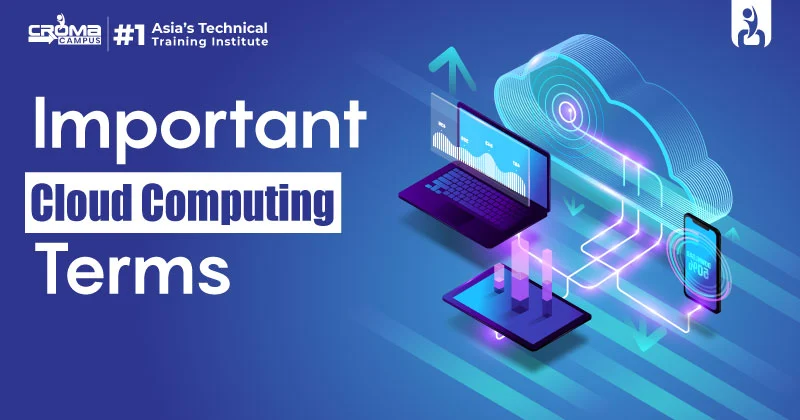
To begin with, Cloud Computing refers to the practice of on-demand delivery of IT resources over the Internet with pay-as-you-go pricing. These IT resources include servers, storage, databases, networking, software, analytics, and intelligence.
Important Cloud Computing Terms:
Here are some of the most important Cloud Computing terminologies and definitions you need to know.
Infrastructure as a Service
It refers to a type of computing infrastructure that is provisioned and managed over the internet. It allows you to quickly scale up and down with demand. It facilitates the pay-as-you-go method and helps with the capital outlay and complexity of managing your own physical servers.
Platform as a Service
It is a cloud-computing service that facilitates the development and deployment of environments in the cloud. It permits users and developers to quickly spin up resources without provisioning or configuring the storage infrastructure. Furthermore, Paas includes all of the infrastructures such as servers, storage, and networking.
Software as a Service
SaaS allows users to connect to and use cloud-based software applications over the internet. It provides users with software that is purchased on a licensing or pay-as-you-go basis from a cloud provider. Furthermore, it allows users to connect to the software over the Internet.
Public cloud
This refers to a multi-tenant computing service offered over the internet. This computing service is for users who want to access compute infrastructure on-demand with increased scalability and elasticity. Furthermore, it offers a pay-per-use basis for CPU cycles. One can visit Cloud Computing Online Training to further know about these terms.
Private Cloud
It is a single-tenant computing service on the public internet, dedicated internet connection, or internal network. In addition, it makes the underlying infrastructure accessible only to select users instead of the general public. Along with it, it offers additional layers of security and privacy ensuring.
Hybrid Cloud
It refers to a computing environment that consists of a combination of both public and private cloud infrastructure. They offer the best of both the private and public clouds to compute, process and store diverse IT workloads. It ensures flexibility, scalability, and cost efficiencies along with the lowest possible security threats.
Managed Cloud
It is also known as cloud management and it allows customers to deploy cloud-based services such as IaaS, PaaS, and SaaS. In addition, it offers various services like management and monitoring of computing, storage, networks, and operating systems.
Hybrid IT
It is nothing like a hybrid cloud as it is the architecture of an information technology environment. Hybrid IT uses both physical and virtual infrastructure. Furthermore, it eliminates issues with the virtualization of deployments involving legacy workloads, software licensing issues, and regulator or compliance requirements.
Object Storage
It refers to a type of storage strategy that manages and manipulates data storage as distinct units, called objects. It adds metadata to each file and eliminates the tiered file structure used in file storage. Furthermore, it offers infinite scalability and is less costly than other storage types.
High Availability Architecture
It includes the design and deployment of multiple components that work together to ensure uninterrupted service. Furthermore, it encompasses the response time and availability for user requests. It includes hardware redundancy, software and application redundancy, and data redundancy. Etc.
Other Related Courses:
Cloud Computing Coaching in Bangalore
Benefits of Using Cloud Computing for Business
Cloud computing facilitates quick deployment and allows developers to easily test new ideas and design application architecture. It eliminates the need to depend on on-site hardware limitations or slow procurement processes. In addition, it provides automatic software updates and integration and allows for a higher velocity of product innovation. It also integrates with common DevOps tools and logging systems which makes it easier to monitor and detect issues in production. Many institutes provide Cloud Computing Online Training in India and one can enroll in them to learn this technology. Apart from these, given below are some of the benefits of using Cloud Computing for business.
- Efficiency and Cost Reduction
- Data Security
- Scalability
- Collaboration
- Unlimited Storage Capacity
- Backup and Restore Data
- Disaster Recovery
- Mobility
- Data Loss Prevention
- Competitive Edge
Conclusion
The Microsoft Azure Online Course covers Cloud Computing, the on-demand delivery of IT resources via the internet with pay-as-you-go pricing. It enables rapid deployment, allowing developers to test new ideas and design app architecture without relying on hardware limitations or slow procurement processes.
Subscribe For Free Demo
Free Demo for Corporate & Online Trainings.
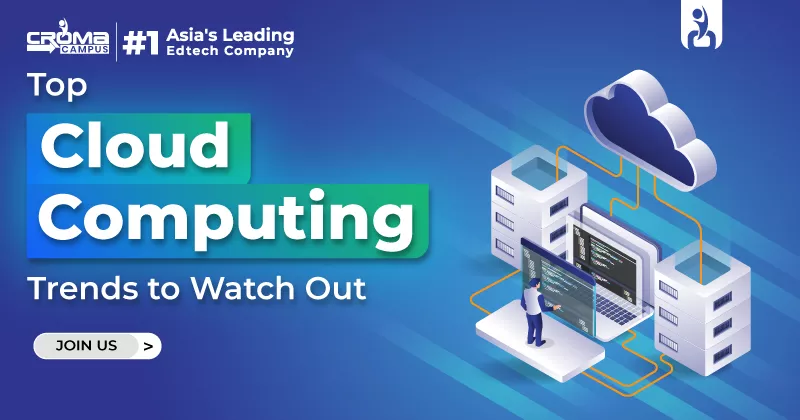
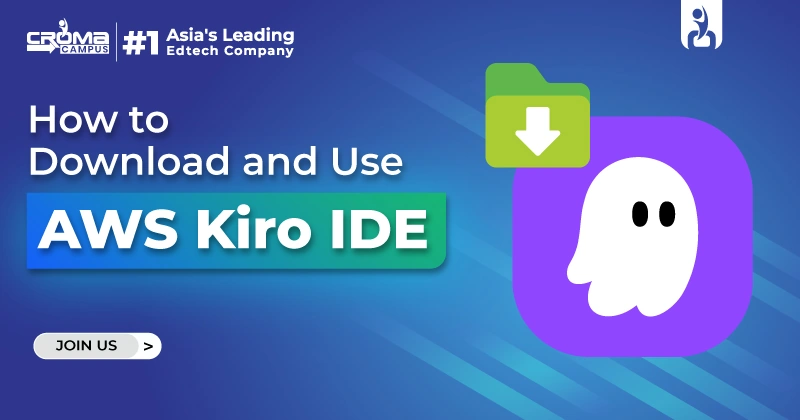



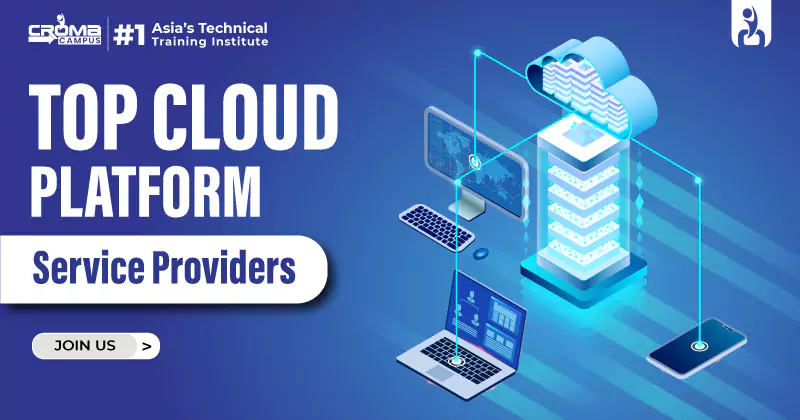

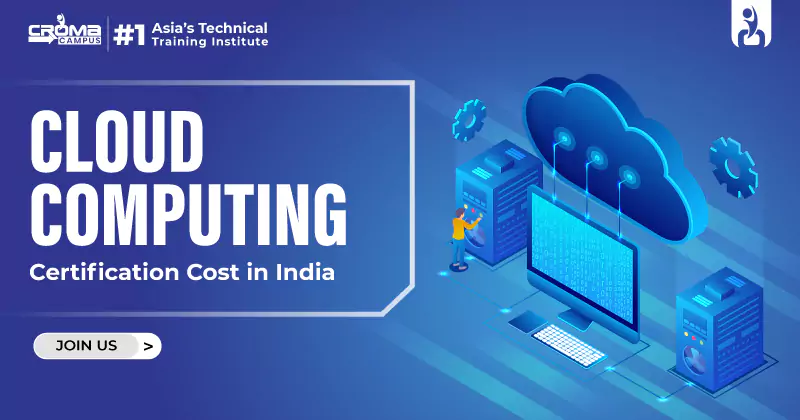
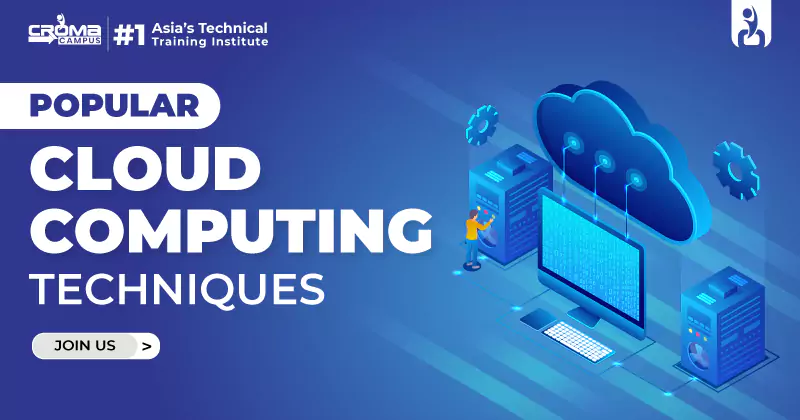
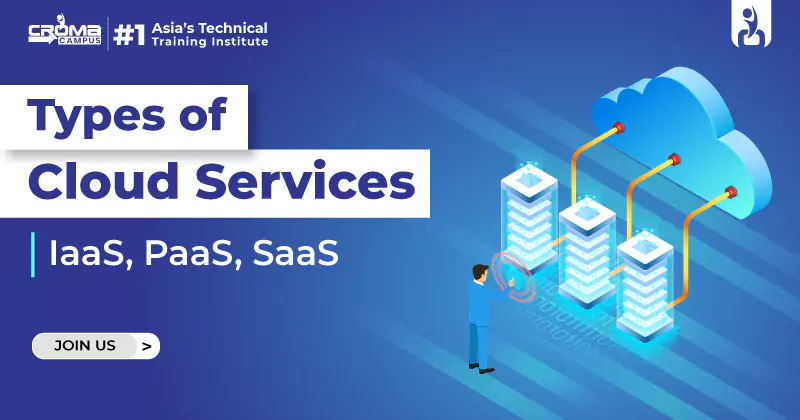

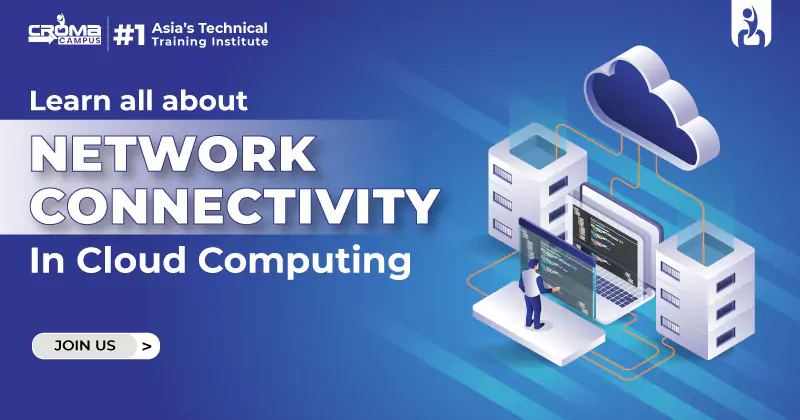













.webp)
.webp)

.png)















